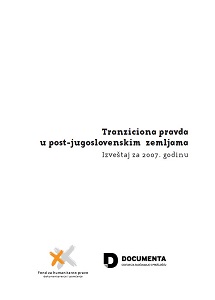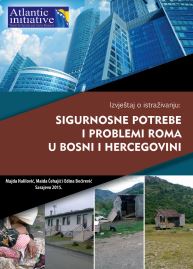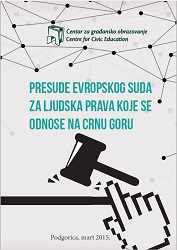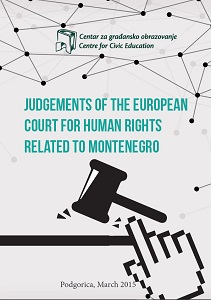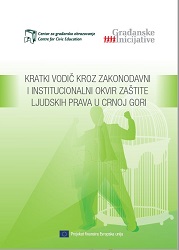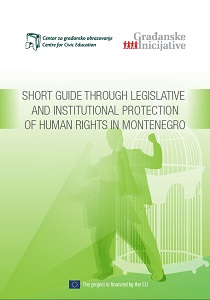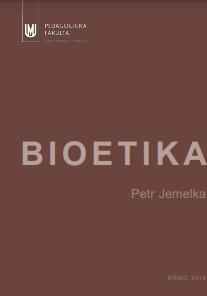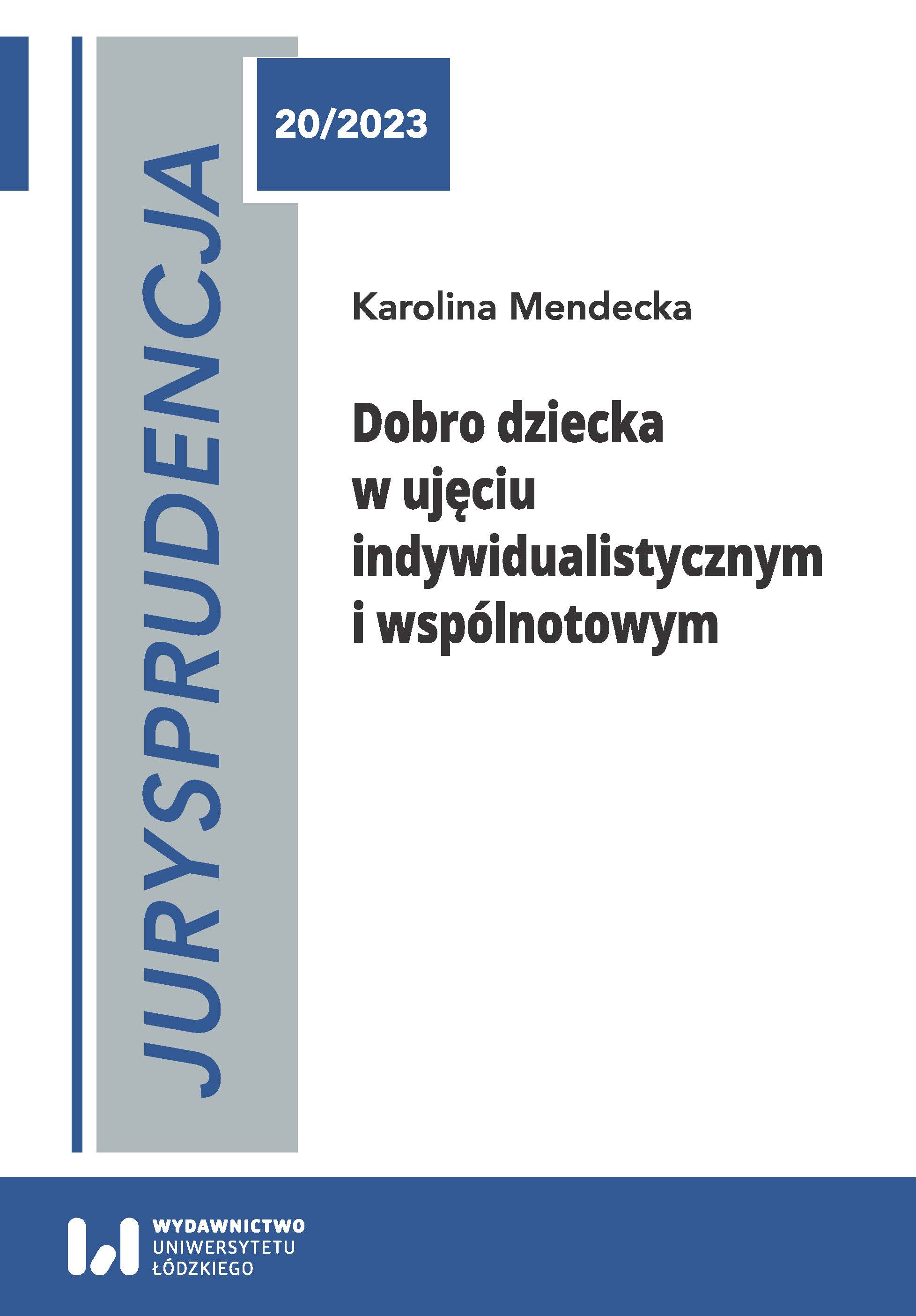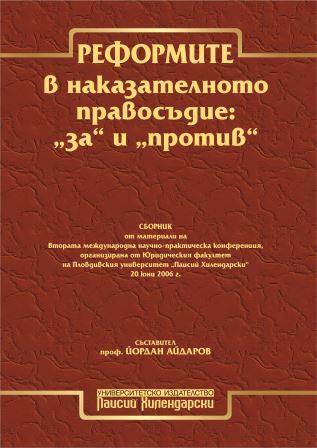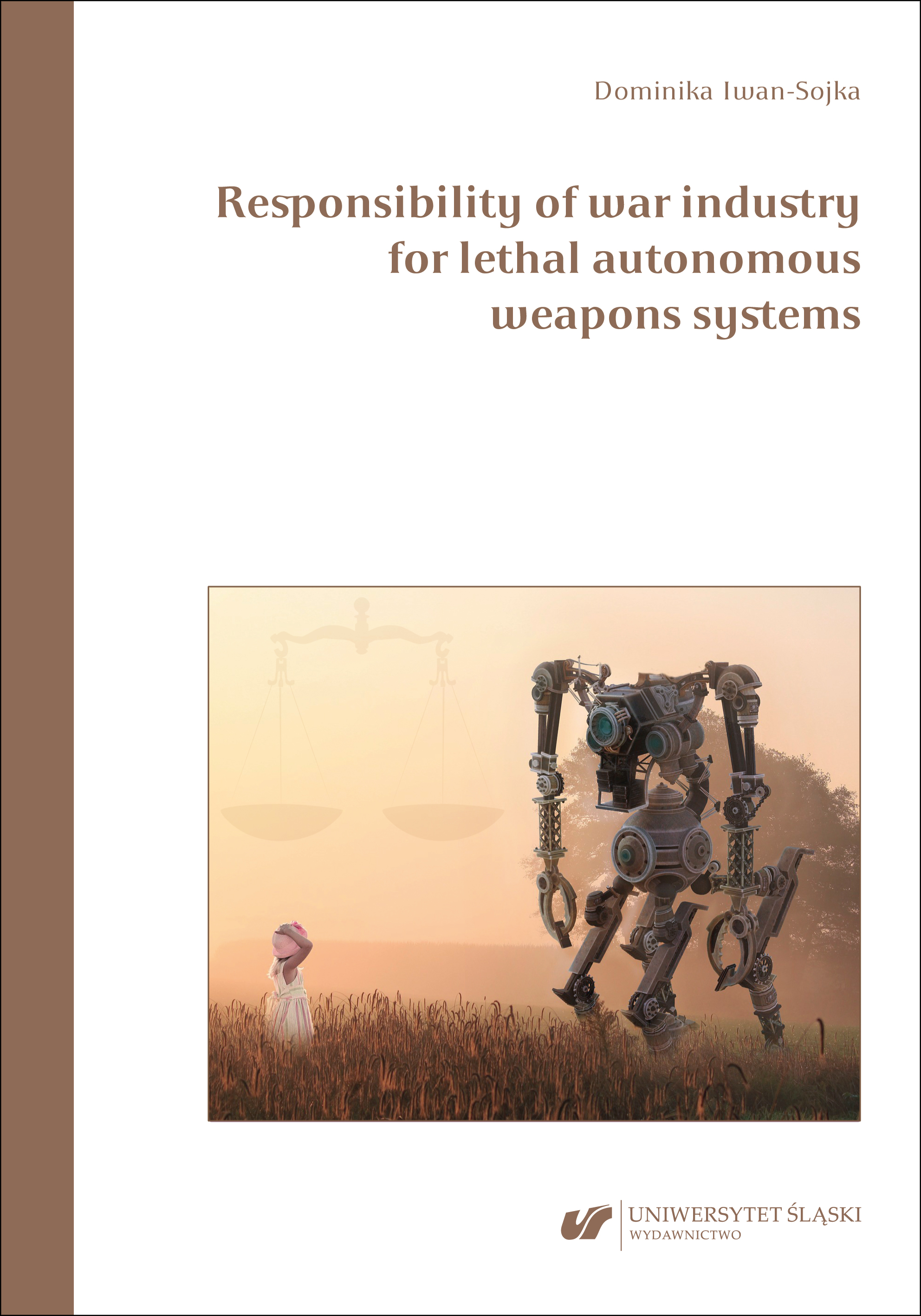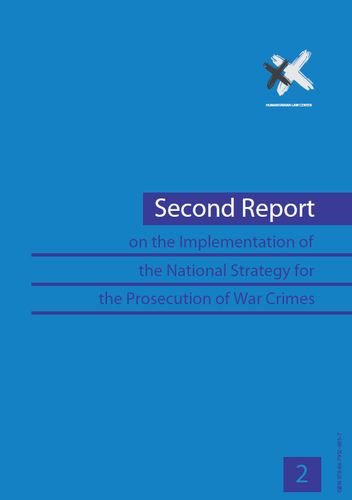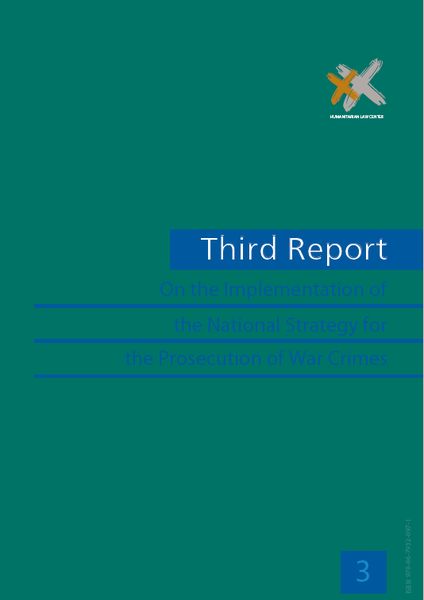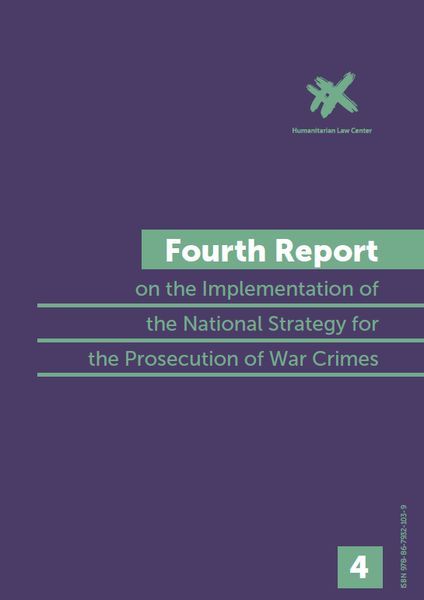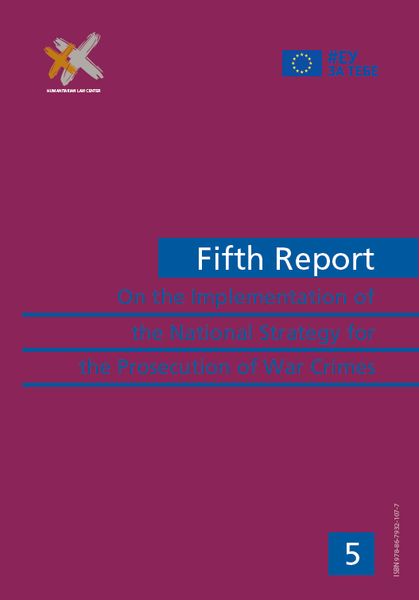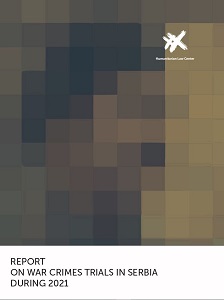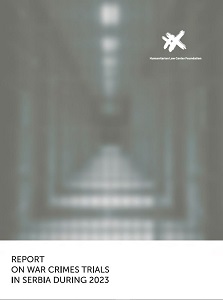Author(s): / Language(s): English
Given the fact that Montenegro is in the process of negotiations with the European Union, that reforms of society are needed in order to meet the criteria and obtain status of full member, and that those reforms are not carried out either easy or in smooth manner, we have come up with the idea to combine passed verdicts of the European Court of Human Rights (ECHR) in relation to Montenegro and thus to provide certain contribution to the establishment of rule of law. Negotiations regarding Chapter 23 (Judiciary and Fundamental rights) represent the backbone of Montenegro's progress in meeting numerous standards related to depoliticisation and professionalization of state institutions, as well as the strict implementation of laws harmonised with the acquis communitaire, which has to provide legal security and certainty, or rule of law, as a final result. Full implementation of law greatly depends on the character and range of reform of judiciary system of Montenegro. In that respect, ECHR’s verdicts represent source of law and clear guidelines for Montenegrin judiciary system, which is recognised also by constitutional provisions. Right to individual complaint to ECHR is guaranteed to Montenegrin citizen, foreigner, stateless person, business entity and non-governmental organisation, in accordance with Article 34 of European Convention on Human Rights and Freedoms (ECHR), in case of violation of right prescribed by Convention, as well as to every other legal subject treated by public authority body. Mechanism of protection of rights prescribed by Convention presents direct affirmation of civic principles through the acting of ECHR, protection of citizen as an individual and his/her fundamental right, and thereby protection of public interest and society as a whole. Since 2009, when ECHR passed first judgement in relation to Montenegro, this court passed another 18 verdicts by the end of 2014, whereby 17 were related to violation of at least one right prescribed by the Convention to which those complaints related, and in one case it did not determine violation of any right under the Convention. Those verdicts determined that the right to fair trial was the most violated one (11 cases, Art. 6 ECHR), then the right to property (two cases, Art. 1 of Protocol 1 to ECHR), right to freedom of expression (two cases, Art. 10 ECHR), right to family and private life (one case, Art. 8 ECHR) and prohibition of torture, inhuman or degrading treatment or punishment (one case, Art. 3 ECHR). Generally, submitters of the complaints against Montenegro, that passed administrative eligibility check, usually referred to violation of Article 6 (right to fair trial), Art. 13 (right to efficient legal remedy), Art. 14 (prohibition of discrimination), Art. 1 of Protocol 1 (right to property), Art. 3 (prohibition of torture, inhuman or degrading treatment or punishment), Art. 5 (right to liberty and security of person), Art. 2 (right to life) and Art. 10 (freedom of expression). All of this is important for further establishment of court practice before Montenegrin courts, which has to be in line with verdicts of ECHR. Montenegrin judges have to be aligned with their decisions to the positive legal norms and case law of ECHR. This kind of path leads directly to establishment of rule of law in Montenegro, same as avoiding this path would cause legal wandering, uncertainty, inappropriate political influence and unnecessary delay in reforms essential for Montenegrin society. We hope that this compilation of verdicts of ECHR1 will stimulate both citizens to search for their rights and trust that justice can be achieved, and the ones responsible in judiciary system, system of public authority, civil society to further improve their knowledge and skills by familiarising and harmonising with case law of ECHR, thereby protecting rights prescribed by Convention in practice much more effectively
More...
